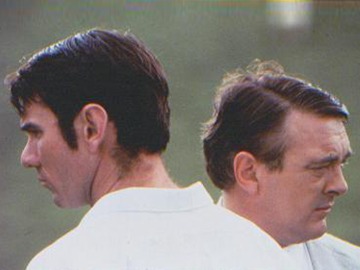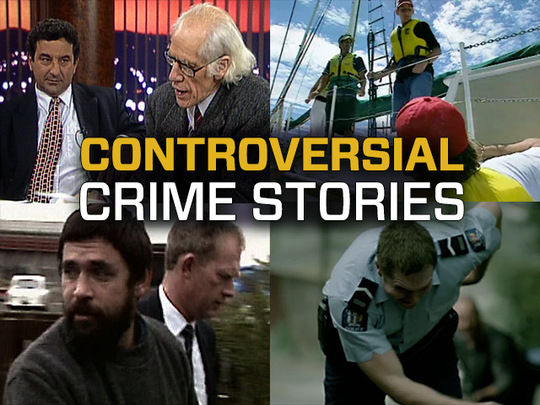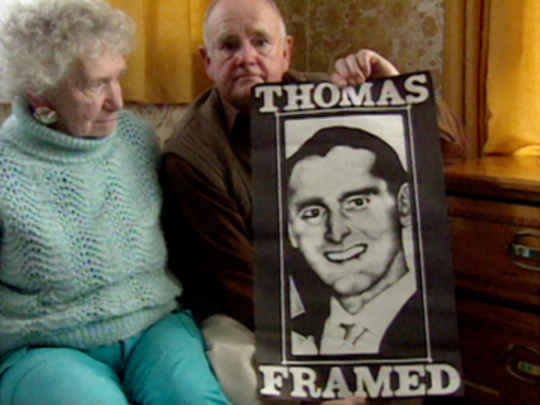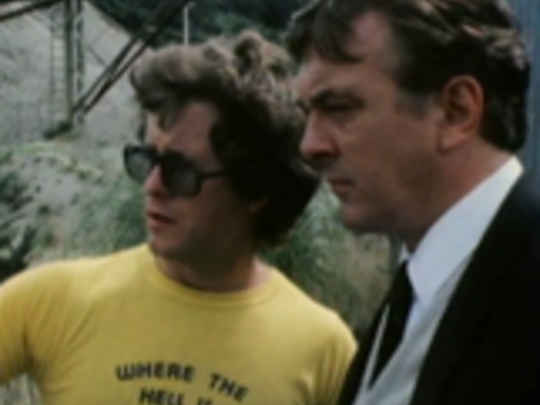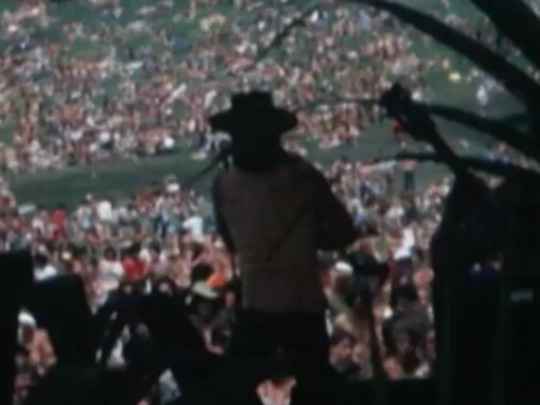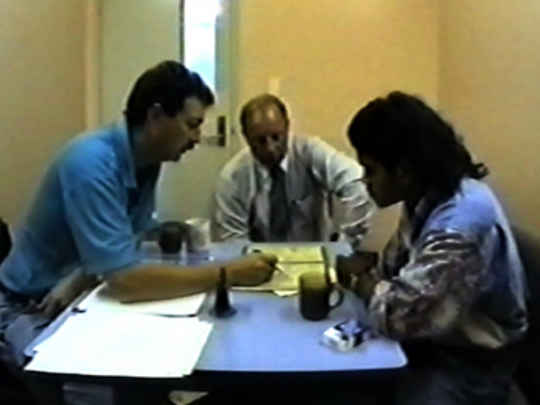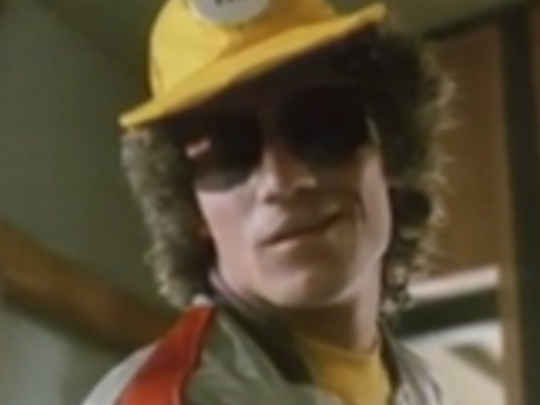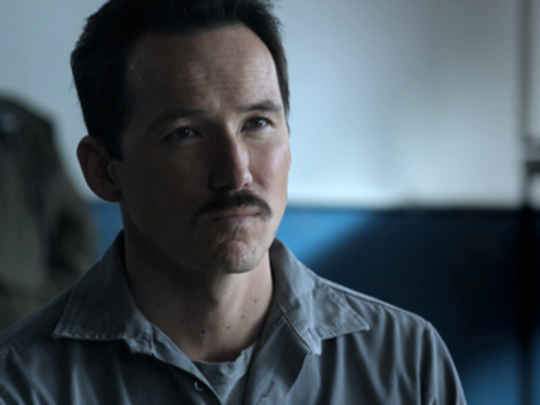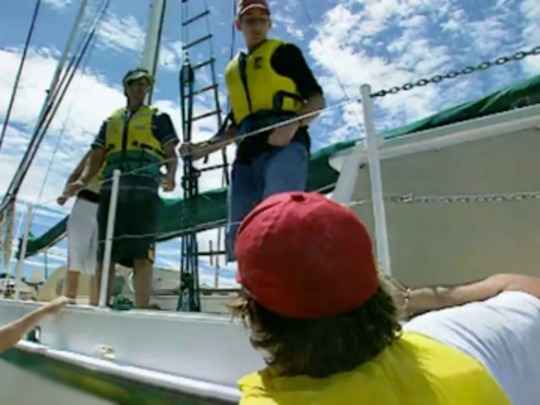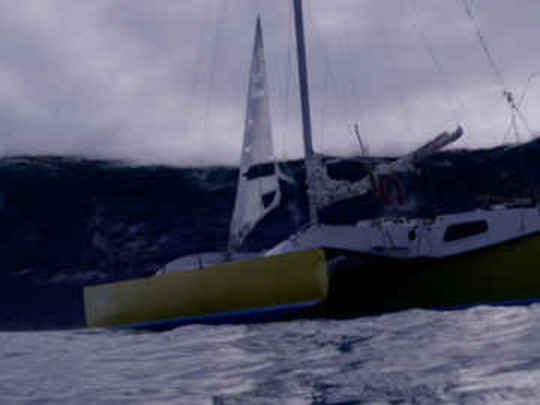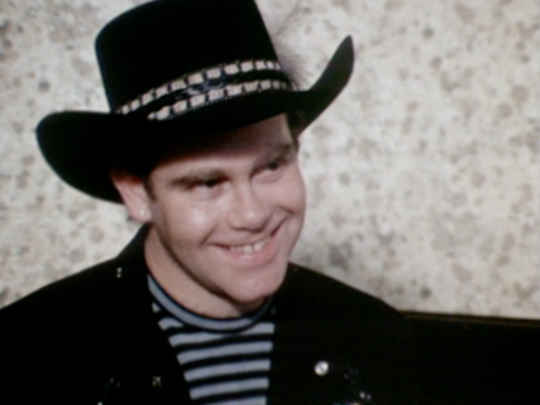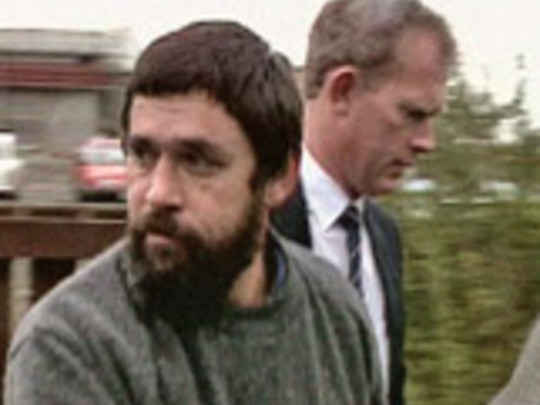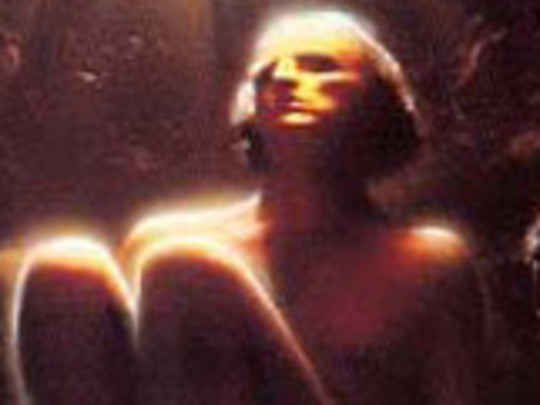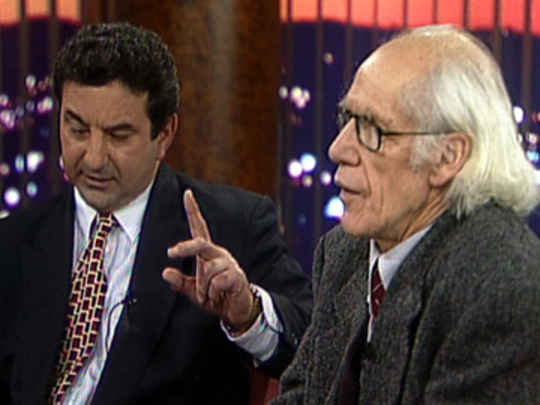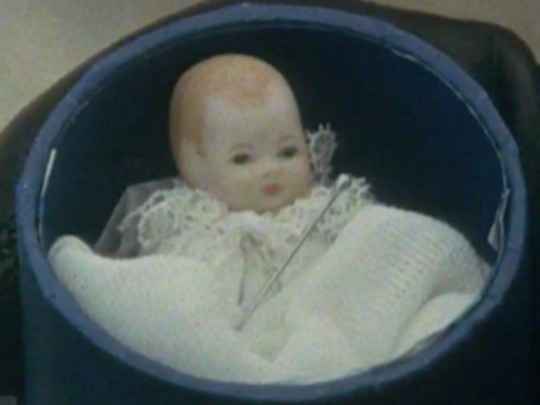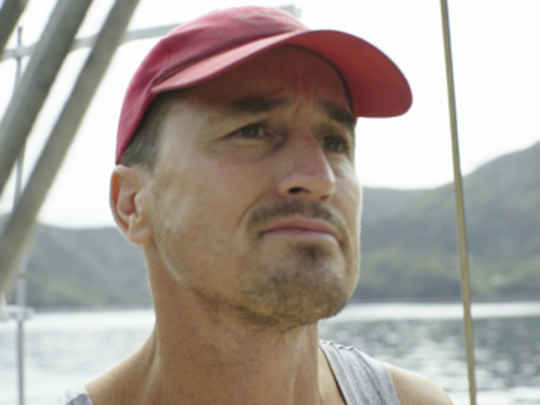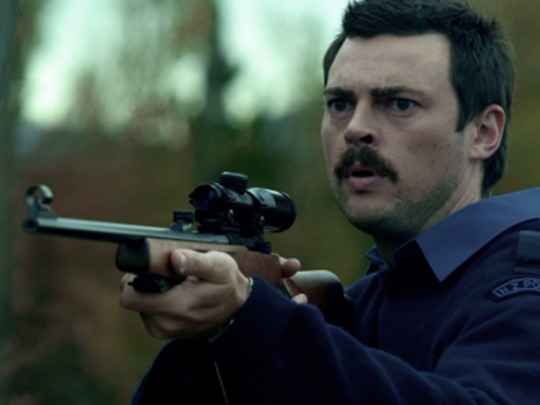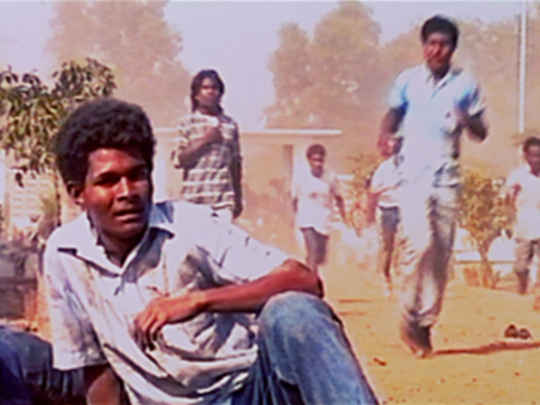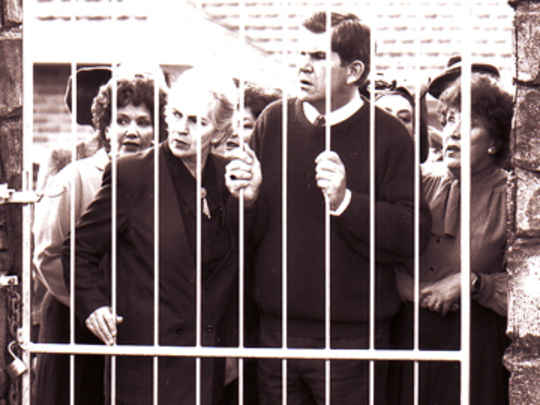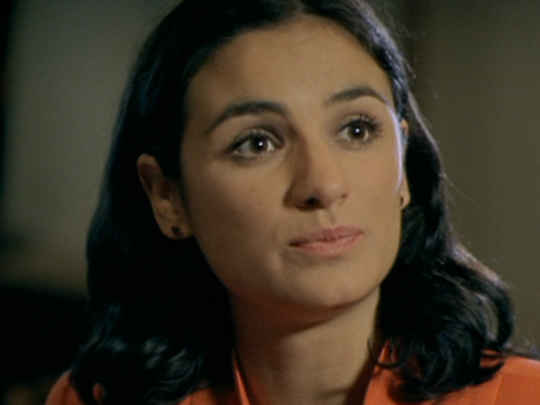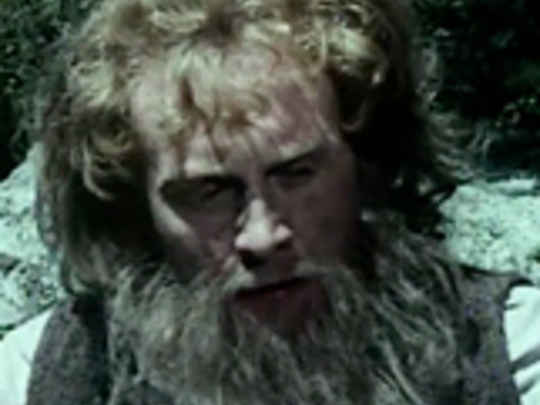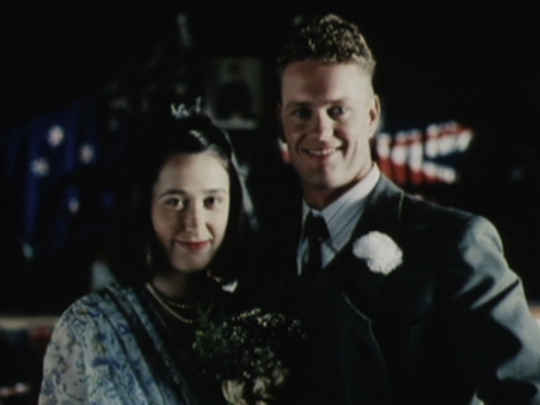Beyond Reasonable Doubt
Film (Trailer and Excerpts) – 1980
...the film becomes both a police procedural story and the study of a small rural community, which reveals itself in tiny telling details . . . There have never been better courtroom scenes in New Zealand cinema. Ian Watkin (Wild Man, Braindead) plays barrister Kevin Ryan with stentorian bluster. . .
– Writer Hamish McDouall, in his 2009 book 100 Essential New Zealand Films, page 19
[David Hemmings gave] a notable performance as a hardbitten and vindictive policeman, doing his best to frame a suspect, in the New Zealand-made Beyond Reasonable Doubt (1980) — a part in which he embodied a malign authority figure startlingly in contrast to the iconoclastic youthfulness with which he had been identified in earlier times.
– Tim Pulleine, in an obituary for English actor David Hemmings, The Guardian, 5 December 2003
Australian John Hargreaves (Cry Freedom, Hotel Sorrento), cast for his likeness to [Arthur Allan] Thomas, is brilliant. His naive wonder, willingness to help and stammering delivery perfectly capture the essence of a country hick caught in a vortex beyond his comprehension.
– Writer Hamish McDouall, in his 2009 book 100 Essential New Zealand Films, page 19
A number of potentially significant witnesses were not interviewed by the 1970 investigation team. This represents an investigative shortfall.
– Finding 101 of the 2014 police review of the original investigation, page 26
Lenard DEMLER unquestionably represented a significant person of interest . . . Focussing solely on Lenard DEMLER, however, significantly and negatively impacted the breadth of the investigation and led to a loss of objectivity on the part of the 1970 investigation team, specifically, Detective Inspector HUTTON. Not considering other alternatives objectively, had a detrimental effect on the progress of the investigation.
– From the findings of the 2014 police review of the original investigation, page 26
...No way that child could have survived five days without food.
– Inspector Bruce Hutton (David Hemmings) on Rochelle Crewe, the daughter of the victims, being found alive
So we're looking for one, possibly two, bodies. We're also looking for a murder weapon.
– Inspector Bruce Hutton (David Hemmings) talks to his team, in the excerpt
It's extremely odd behaviour I'll grant, but is it guilty behaviour?
– David Morris (Grant Tilly), discusses one of the main suspects, Len Demler
Beyond Reasonable Doubt (1980) had an English writer, an English co-producer and an English lead, plus an American second lead . . . And yet those three are as recognisably 'New Zealand' as classic new wave movies such as Middle Age Spread (1979), Goodbye Pork Pie (1980) or Utu (1983)
– Writer Nick Roddick on the nationality of Beyond Reasonable Doubt, Smash Palace, and The Scarecrow in 2008 book Contemporary New Zealand Cinema - From New Wave to Blockbuster, page 45
I was really excited by the idea of it . . . It’s not a documentary, although a lot of people think of it in terms of documentary — they always assume that’s what we are making, because it is real. But it is a nice combination of those things — of absolute realism, and yet it’s got to be a dramatic story. The combination of those two things is the kind of film that I like...
– Director John Laing in a Kaleidoscope documentary on the making of Beyond Reasonable Doubt
...the film is being made here today, and it's my obligation to be here and to see what's happening. And so I've got that rotten feeling of the memories, and then I've got the good feeling of having my name completely exonerated.
– Arthur Allan Thomas, in a Kaleidoscope documentary on the making of Beyond Reasonable Doubt
Inspector Bruce Hutton displays corruption in police practice. Under his leadership lies are told, evidence is falsified and suppressed, witnesses are intimated, the justice system is abused and cronyism.
– Writer Helen Martin describes scriptwriter David Yallop's portrait of Bruce Hutton, in 1997 book New Zealand Film 1912 - 1996, page 75
...one of the most crass, banal, amateur investigations ever undertaken in the country's history.
– David Yallop describes the investigation, in his 1979 book Beyond Reasonable Doubt
As the film's narrative unfolds drama and docudrama overlap, as when members of Thomas's family appear as themselves and in voice-over explanations.
– Writer Helen Martin, in 1997 book New Zealand Film 1912 - 1996, page 75
Arthur Thomas was still in prison when the film was in preproduction. He was released a few weeks before filming began. so that the script required a new ending. An enquiry was announced during the shoot (on the day after the Minister of Justice visited the set). The Royal Commission of Inquiry began sitting just before the film was released, and Thomas was awarded compensation shortly after, a piece of information that was added to the prints of the film sent overseas.
– Roger Horrocks in booklet New Zealand Film Makers at the Auckland City Art Gallery: John Laing (1984)
....we have a small syndicate of private investors who put in $4000 or $5000 each. There is also a very large industrial conglomerate, Brierley Investments, who put up a significant proportion of the money, and a merchant bank, Fay Richwhite, who put up a large amount. There is also a private individual, Bob Jones, who invested because he thought it would be a bit of a hoot.
– Producer John Barnett on how the film was funded, in Cinema Papers - NZ Film Industry issue, May 1980, page 39
We brought legal counsel in once we had a final screenplay. The NZ Film Commission hired one set of lawyers and we hired another, and both vetted the script. They went back to the source for every line of dialogue that was felt to be contentious. We also checked out the script with the two defence lawyers, Paul Temm and Kevin Ryan. They said their relevant parts were very close to what happened and were repared to stand by our interpretation.
– Director John Laing on how the script was checked by lawyers, in Cinema Papers - NZ Film Industry issue, May 1980, page 349
